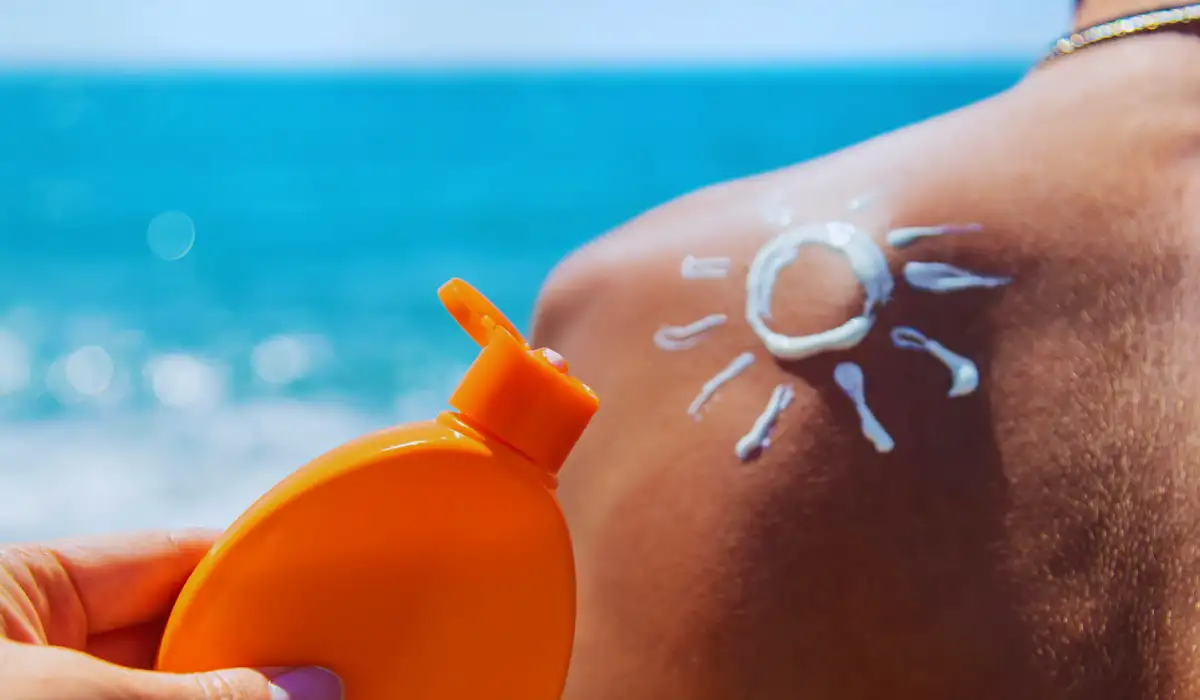Skin cancer is the abnormal growth of skin cells. The disease is often caused by the skin that is exposed to the sun. However, it is not limited to exposed areas only.
At times, it could also reach areas that are not ordinarily exposed to the sun to reduce the risk of skin cancer, it is recommended to protect the skin from ultraviolet radiation (UV rays).
Early detection of the disease helps in curing the ailment. Detecting the abnormal skin growth can help in starting the treatment at the earliest.
In most instances, it is the protection from harmful rays that helps the most. Dermatologists and skin care experts often recommend the use of sunscreen for protection against harmful rays.
However, there is some information that is often confusing regarding the use of sunscreen.
What are the myths around sunscreen?
Sunscreens have various myths around them. The biggest myth which revolves around them is their direct relation with skin cancer.
Sunscreen is used mostly to protect the skin from harsh sun rays so that there are no issues of wrinkles, sunspots, and leathery skin.
Thus, a lotion that was to protect from these minor issues and harmful UV rays that lead to cancer was blamed for causing it.
Another shocking myth that revolves around sunscreen is that it is meant for use only when the sun is high and hot.
The fact is that despite the season or climate, that is, even on rainy or cloudy days using sunscreen is mandatory.

Another myth about sunscreen is that it leads to skin cancer. Surveys suggest that high levels of benzene could cause skin cancer.
Research claims that in lab research several sunscreens were found to contain high levels of benzene. This leads to the question of whether sunscreen causes cancer.
The research is not strongly validated as the tests were done on blank test tubes. Thus the tests were also on the question regarding the testing method used.
Toxicologists also claim that even if the worst sunscreen was applied as per test results then also the body is exposed to less than half the amount of benzene that one breathes in normal city air.
Benzene is an unstable element and there is no valid research that can tell the exact amount of benzene absorbed by the skin. However, the potential risk that benzene imposes continues to exist.
The studies that were done on empty sunscreen bottles do not comment on sunscreen. Some sunscreens do not contain benzene.
Before starting to use any sunscreen check its content. If the sunscreen contains benzene then do not use it. However, if the contents claim to have sunscreen then avoid using it.
What Are The Benefits Of Using Sunscreen?
There are organic and clinically approved sunscreens that are safe for the skin and provide complete protection. The sunscreens are available in different SPF, which is their sun protection formulation.
The higher the number, the more it gives protection. Apart from using benzene-free sunscreen, another important aspect is that one should avoid stepping out in the sun during peak hours.
Also, use a water-resistant wide-spectrum sunscreen as it grants higher levels of protection. Even wearing full sleeves and light-weight clothes ensures that minimum exposure is done to the skin.
Mostly avoiding sun time is the most important thing. However, it could lead to Vitamin D deficiency, but then with the help of supplements, the deficiency can be dealt with.
Plus, for sunbathing, step out in the sun during the early morning hours. During these hours the sun shines mildly and helps absorb the Vitamin D without causing any sun damage.
Having said about the relation between sunscreen and cancer one should also consider the benefits and side effects that sunscreen poses.
It is mandatory to use sunscreen year-round as the sun shines bright. As the myth is that sunscreen can cause skin cancer another factor to bear in mind is that it is benzene that causes the ailment.
Therefore avoiding benzene is required. Thus choosing the right sunscreen can only solve the problem.
How To Choose An Effective Sunscreen?
Choose a sunscreen that offers broad-spectrum protection as it will protect from UVB and UVA rays. Also, the sunscreen needs to be water resistant with SPF 30 or more as it will last for longer hours and will not wear off even after swimming.
Also, consider the skin type before selecting the sunscreen. There are two types of sunscreen: one is physical sunscreen and the other is chemical sunscreen.
Physical sunscreen reflects UV rays and is suited for people with sensitive skin. On the other hand chemical sunscreen is meant for people with normal skin as it will absorb the UV rays.
Sunscreens are available in different forms, like lotions, gels, creams, sprays, and ointments. For dry skin gel or spray sunscreen are best suited. For dry skin sunscreen that is oil-based like cream or lotion sunscreen works best.
Carefully select the best-suited sunscreen to avoid any problems. Sunscreen is not only a beauty or skincare protection product. Rather it is a life saver product.
While choosing any products for applying on skin ensure that it has minimum and safe chemicals. Exposing skin to many chemicals will cause more damage than good.
Using sunscreen with titanium dioxide and zinc oxide will serve the purpose. Always do a patch test before applying on the full skin.
If there is any allergy visit a dermatologist to consult regarding the medications. Also, apply sunscreen fifteen minutes before stepping out in the sun.
Thus the sunscreen is nicely absorbed by the skin and maximum benefit is achieved. Also, if required reapply after four hours so that there are no problems due to the wear off of the sunscreen.
One cannot avoid sunscreen and by making an informed choice one ensures that there are no issues with the skin.
Also Read: Does Sunscreen Damage Coral Reefs? Know The Truth Behind It!
Conclusion
Sunscreen myths debunked! Contrary to rumors, sunscreen doesn’t cause cancer; it shields against harmful UV rays.
Check the contents of any sunscreen before using it. Use caution when using sunscreen that contains benzene. On the other hand, stay away from using it if the contents say they contain sunscreen.

